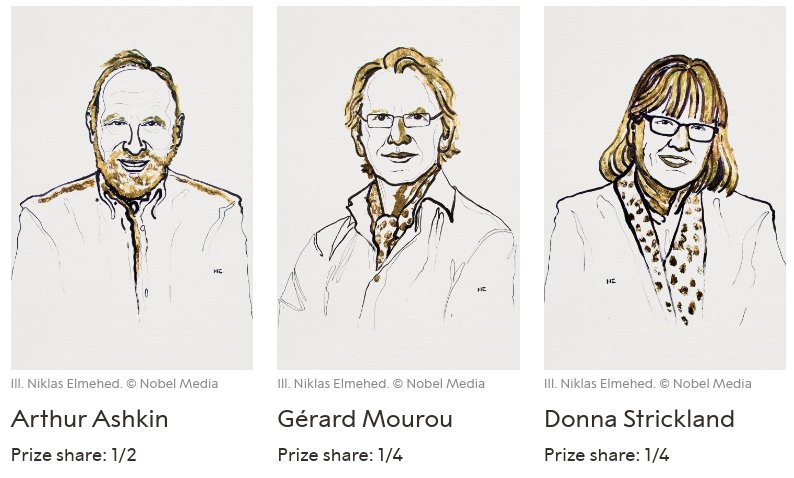When I traveled to ICHEP in Moscow in 2006, I kept a small leather-bound journal in my pocket to keep a record of my travels and my thoughts. I scribbled hot results from the conference in the book, which kept on going even when I couldn’t plug in my laptop. Old technology works great.
This time, ICHEP is much closer to home in a much less exotic place. Philadelphia is a birthplace of American democracy, home to a burgeoning music scene and delicious cheesesteaks. For an American like me, it’s exciting to “go home” to a city like this. My European colleagues will be getting a good deal for their Euro, complete with a historical setting and a ton of physics.
Some of the founders of this nation kept science, and the practice of science, as something important to the functioning of the democracy. It gives a nation an edge to out-compete its neighbors, to always be first to the next great idea. It also benefits that nation by making lives easier, increasing productivity, and providing a means to deal with the consequences of national choices. It is fitting to be meeting in Philadelphia for this conference, a gathering of the world’s representatives in high-energy physics. A parade of neutrinos, dark matter searches, proton collisions and electron collisions, the imaging of the cosmic rays raining down on Earth, will serve as a testament to the neverending pursuit of the unknown, a frontier of human thought and understanding.
The United States has continued to cut its investment in particle physics, most visibly collider physics. The great machines, once flagships of this pursuit, now lay in dark storage, their beams no longer circulating, their great eye closed in slumber until the day of dismantling. The Tevatron at Fermilab stands as a last testament to the U.S. collider era, a colossal machine that defines the energy frontier until the LHC finally gasps its first breath. Then the colossus shall breathe in a distant land.
After spending the last five years engaged in the pursuit of a better tomorrow for particle physics, and after witnessing the grand statements of support followed by the harsh realities of an empty coffer, I have succumbed to the cold reality that my field, like its colossal machines, will not be (in the U.S.) what it has been in the past. It will be left to a smaller group of U.S. physicists in the future to keep alive this field in the face of every growing domestic challenges.
In a year when it was clear that a strong showing in the budget was absolutely necessary to move this field ahead, we have felt the slaughter of the omnibus bill (my Christmas present from Congress) and the disappointing allotment in the supplemental spending bill. Concerning the latter, I still taste the bile of having science tied to war spending, a taste not at all washed away by the trickle of $62.5 million dollars to “save” DOE science.
I have watched colleagues in this field dismissed from their jobs, snapped up immediately by private industry (thank goodness) but probably lost forever from the pursuits of particle physics. I have felt the painful reality of experiments sacrificed for the good of other experiments, which themselves may hang by a thin sliver of hope in the face of punishing budget realities. I have watched long-term goals sacrificed for short-term gains, and young scientists question their faith in the ability of science to provide more than just a living, but a real and continuing helping of intellectual satisfaction.
As scientists in this nation, we are still more fortunate than scientists of the past and in many countries around the world. However, scientists (in general) go where the research can be done. While the U.S. has been, for half a century, a “city on a hill” for the global scientific effort, we have learned the important danger of living on a hill; what you create may roll down, out, and far away. Science is not immune from this effect, and it seems that my field is sliding away.
I would like for this ICHEP to stand for something more than just the end of the collider physics “flavor era” and the beginning the era of “discovery physics”. The rise of a diverse field – cosmic ray, neutrino, dark matter, high-energy astronomy and astrophysics – is here, a fact we should embrace and celebrate. That said, I want the results shown at this ICHEP to also stand as a testament to the innovation of collider physics, the struggle to do more science in the face of ever smaller resources. I want this ICHEP, in a cradle of American democracy, to remind us here in the U.S. that a functioning democracy without science cannot long function. Whether we fall behind in knowledge, or we fall behind in economics, we will lose something great. What, then, will be left to make us a great democracy?



